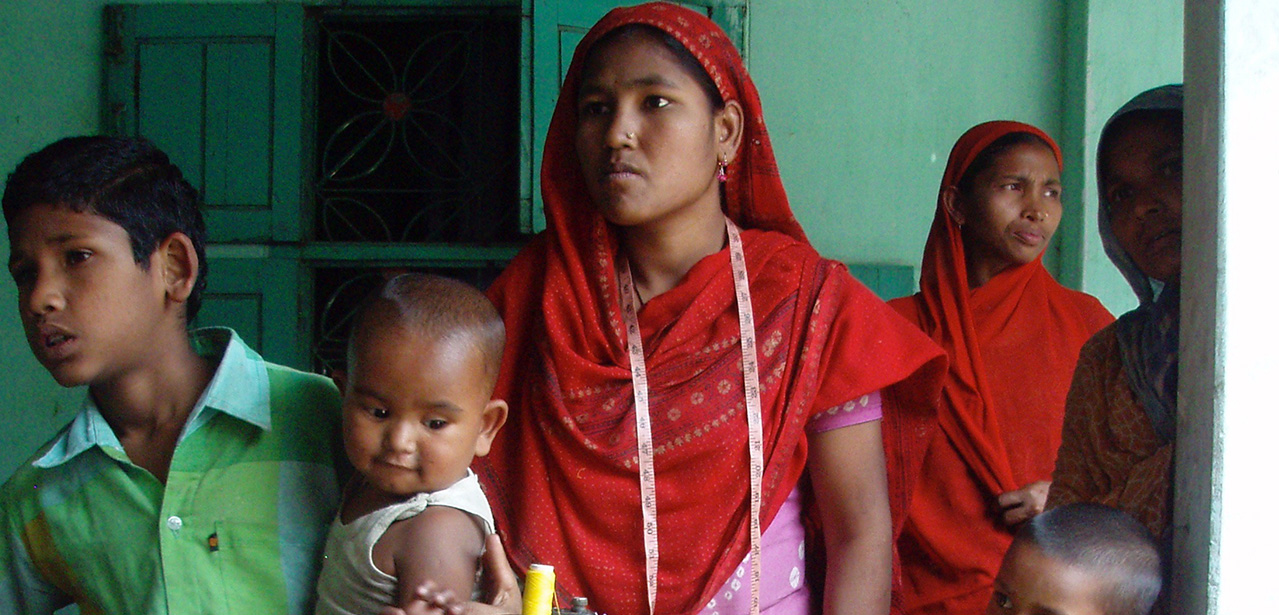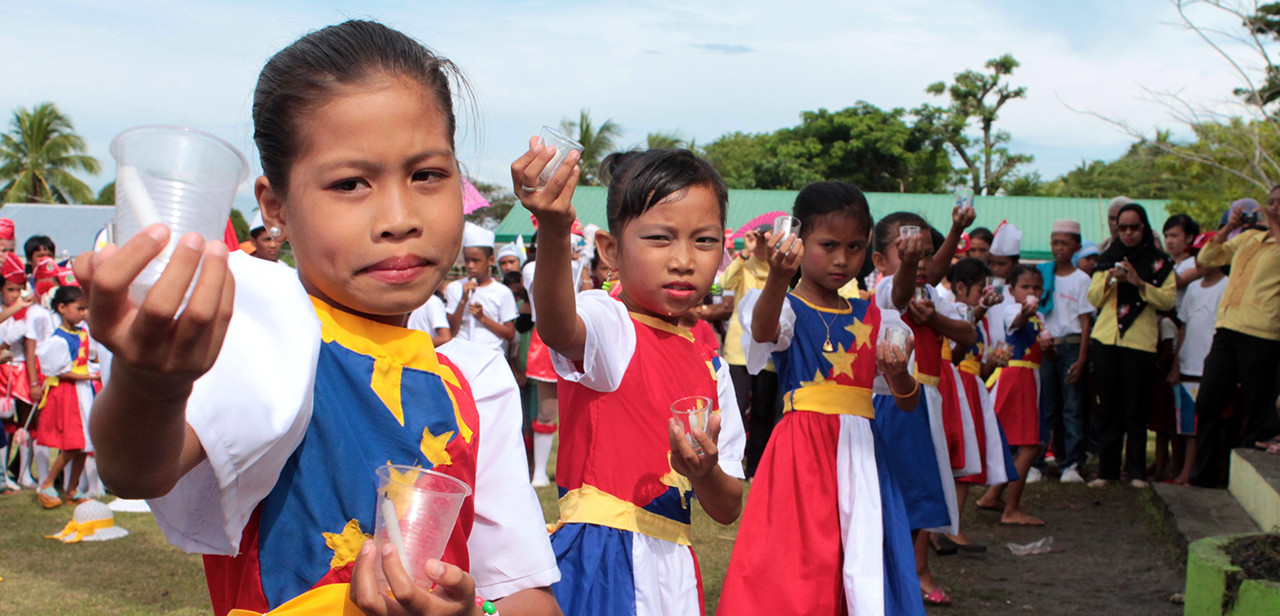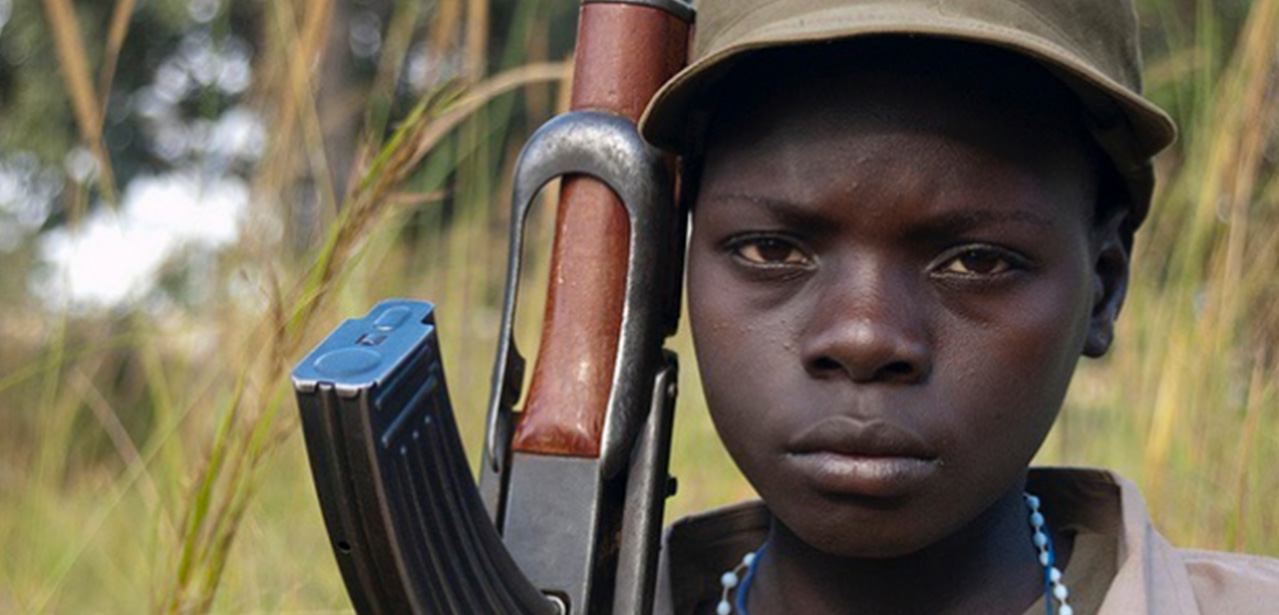For over forty years, a civil war has raged in Colombia between the central government, leftist opposition groups and more recently armed paramilitary groups. While accurate counts of the number of children involved in combat are not available, many experts believe that approximately 10,000 child soldiers are still active in Colombia today despite the demobilization of thousands.
In response, the Goldin Institute is working with local partners in Colombia to build upon the success of the National Partnership for Child Soldier Reintegration and Prevention launched in 2007. This National Partnership engages social, private and public sector agencies to prevent the victimization of vulnerable young people in armed conflict, builds the understanding and commitment within the nation to welcome exploited young people back into communities and provides skills, services and connections necessary for former child soldiers to reintegrate into society.
History of the Project
The use of child soldiers and young combatants in armed insurgencies, militias and resistance movements is a staggering and growing problem in regions as diverse as The DR Congo, Sri Lanka and Colombia. Well over 300,000 young people under the age of 18 are currently fighting in wars or have recently been demobilized. At the same time, the number of children emerging from these traumatic circumstances has dramatically increased.
Many of the communities in the Goldin Institute's global network are working to reintegrate former child soldiers and prevent their conscription into the fighting in the future. How can our communities help young combatants leave the fighting? How can former child soldiers receive the services and support they need to reintegrate into society? What are the roles and responsibilities of different sectors—education, business, government, religious communities, NGO's and others—in providing these services? How can we work together to make sure our society is ready to welcome home these former combatants? How can we work together at home and around the world to break this cycle of violence and prevent the exploitation of young people by armed groups and militias?
To explore and answer these questions, the Goldin Institute partnered with the Centro Mundial de Investigacion y Capacitacion para la Solucion de Conflictos (Centro Mundial) to convene a global forum on the theme of Reintegration & Prevention: Breaking the Cycle of Violence for Ex-Combatants and Vulnerable Children and Youth. This unique gathering brought together teams of engaged leaders struggling to address these issues from over twenty cities in Bosnia and Herzegovina, Brazil, Cuba, Colombia, DR Congo, El Salvador, Haiti, Israel, Kenya, Liberia, the Philippines, Rwanda, Somalia, Tanzania, Uganda and the United States.
The forum also served as a catalyst to promote the launch of a National Platform in Colombia to engage social, private and public sectors throughout the country to promote co-existence, reconciliation and peace-building efforts. This National Platform continues to serve as a leader in the efforts to reintegrate former combatants by providing the skills, services and connections necessary to re-enter Colombian society. The National Platform is also leading groundbreaking efforts to prevent the victimization of vulnerable young people in armed combat and in building the understanding and commitment within the nation to welcome exploited young people back into society.
In September 2010, we partnered with Dr. Ceasar McDowell of the M.I.T. Center for Reflective Community Practice and Fr. Leonel Narvaez of the Fundacion para la Reconciliacion in Colombia to help address the crisis of young people used as combatants. This visit enabled our Colombian partners to adapt and use the "Critical Moments Reflection Methodology" developed by Dr. McDowell to uncover, understand, and document knowledge held by participants in the Schools of Forgiveness in Colombia.
In 2012, the Goldin Institute deepened its partnership with the Foundation for Reconciliation to pilot a groundbreaking new curriculum in six schools focused on preventing the recruitment of young people into armed conflict. The "Pedagogy of Care and Reconciliation" engages students not only in peace-building, reconciliation and facilitation skills, but also encourages schools to become centers of shared learning and development for the entire community.
In 2014 we refinined and expanded the reintegration tools learned in Colombia through cross-training workshops with our partners in Uganda.




